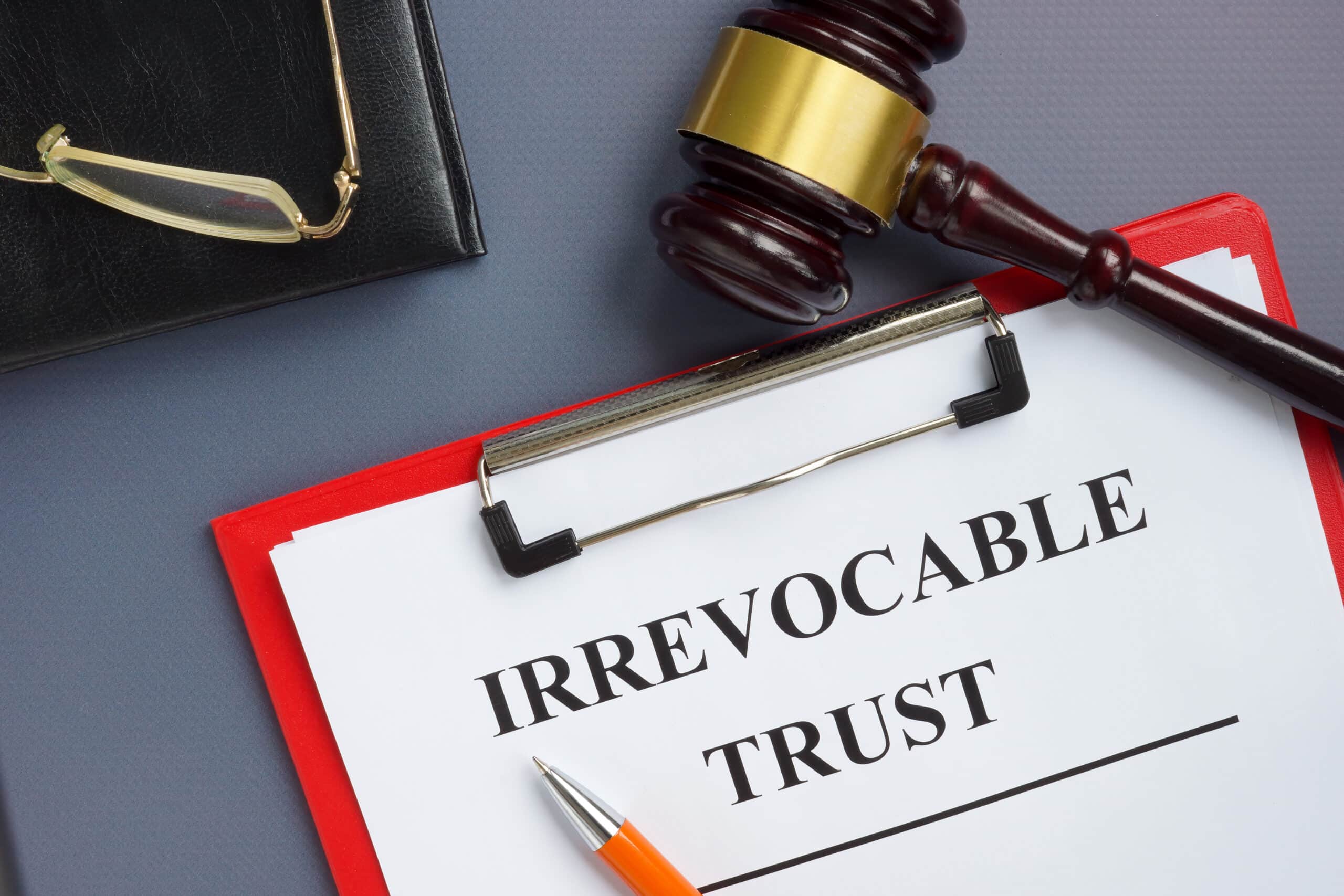It seems as though you are taxed every time you receive any type of financial boost. For this reason you may assume that you must pay taxes when you receive an inheritance.
In fact, you don’t have to report your inheritance as taxable income. There is however a caveat to this. If you inherit property that appreciates, you have to deal with taxes on the gains.
This does not mean that taxation is not a factor when property is changing hands after someone dies. There is a federal estate tax that would be levied against the entirety of the estate if it is not exempt.
The amount of the federal estate tax exclusion is $5.34 million in 2014. If you arrange for the transfer of assets exceeding $5.34 million, the federal estate tax is a factor. It carries a maximum rate of 40 percent.
Here in the state of New York we also have a state-level estate tax.
An estate tax is levied on the entirety of an estate before it is transferred to the heirs. To explain, let’s provide a simple example as it applies to the federal estate tax.
Suppose you have an estate valued at $10.34 million. You have done nothing to position these assets in a tax efficient manner, so your entire estate is potentially taxable.
The first $5.34 million can pass free of the federal estate tax because of the exclusion. That leaves $5 million that would be subject to the tax. The remainder would be split among the heirs according to your wishes.
Inheritance Tax
An inheritance tax is something that is different from an estate tax, although you may naturally assume that they are the same thing. Fortunately,there is no inheritance tax on the federal level, and we do not have a state-level estate tax in the state of New York.
However, our neighbors in the state of New Jersey have a state-level inheritance tax, and they also have a state-level estate tax. Maryland is the only other state that imposes both of these levies.
As we have stated previously, an estate tax is imposed on the entirety of the estate in question before it is transferred to the heirs. On the other hand, an inheritance tax is paid by each individual heir who is receiving an inheritance.
It should be noted that there are exemptions to inheritance taxes. The laws vary on a state-by-state basis, but in general very close relatives like spouses, parents and direct descendents are exempt.
Tax Efficiency Strategies
If you are concerned about taxes on asset transfers, we would be glad to discuss tax efficiency strategies with you. It may be possible to mitigate your exposure if you take the right steps. Contact our firm to request a free consultation.

 (516) 253-1366
(516) 253-1366

